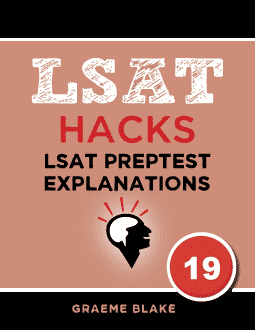DISCUSSION: Drescher thought that too many people supported abolition for their motives to have been economic. Eltis thought the motives were economic.
Drescher and Eltis don’t agree on much.
But they may agree on who supported abolition.
In lines 13-20, Drescher argues that all classes supported abolition.
In lines 58-59, Eltis agrees that the upper class supported abolition. Eltis does not disagree that the masses also supported abolition, so it can be reasonably inferred that Eltis agrees that people from all classes supported abolition.
The author uses Eltis to disagree with the rest of Drescher’s opinions. So if Eltis had said the masses didn’t support abolition, the author would probably have mentioned it.
It may be easier to solve this question by process of elimination. Answers B-D can all be disproved by the passage.
___________
- CORRECT. We know from Drescher’s evidence that people of many classes supported abolition. Lines 15-20 show that many antislavery petitions were submitted by all classes, including the masses.
Eltis doesn’t explicitly say that the masses supported abolition. But nor does he disagree with the the idea that abolition had wide support. And in lines 58-59, he agrees that the upper (political) class supported abolition.
- Eltis thinks this is true. Drescher thinks that moral support led to abolition.
- Line 12 shows that Drescher does not think that the moral vision of abolitionists was very important. And Eltis thinks economic factors were the cause.
- Lines 30-31 show that Drescher was one of the historians that idealized British traditions of liberty.
- Neither theorist mentioned a tradition of activism. This answer choice is trying to get you to confuse “tradition of activism” with “tradition


Leave a Reply